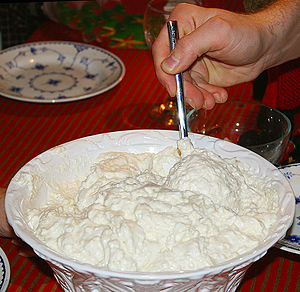I’m tired of reading blogs from my White Christian brothers about why they are choosing to vote. There. I said it.
I’m all for being a part of the democratic process, but it seems a bit odd to me that so many of these bloggers are coming from a position of power and privilege they themselves have always had. It seems a bit arrogant to choose something that was always theirs.
The way I see it, they had better vote. The vote of the White male is what finally allowed people like me – a woman, an immigrant, a non-native English speaker – to have the right to vote. I didn’t have a voice. I didn’t matter. Neither did my ancestors, who immigrated here under quota systems developed by people in power for the benefit of the country and the powers-that-be.
And there still are people who have no voice, who have no right to vote, but they are directly impacted by the politicians, referenda, judges, and local officials as well as the “agendas and policies”. As a Christian who is new to the process, its a privilege and responsibility I don’t take lightly because it isn’t a given. I’m not American born. We are not post-racial America, and the fact of the matter is the church isn’t either. We are working on it, but we aren’t there.
Did you know that in 1882 Congress passed the Chinese Exclusion Act denying citizenship and voting rights to Chinese Americans? Yup, they can build the railroads but they can’t vote.
It wasn’t until 1920 that the Nineteenth Amendment is ratified giving women the right to vote, but in 1922 the Supreme Court rules that a person of Japanese origin is barred from naturalization, effectively shutting Japanese men and women out from the democratic process. The same happens in 1923 to Indian immigrants.
In 1941, U.S. citizens of Japanese descent are rounded up and interned in 10 concentration camps here in America under executive order 9066. It isn’t until 1952 that first generation Japanese Americans have the right to become citizens.
In 1943 The Chinese Exclusion Act is repealed, giving Chinese immigrants the right to citizenship and the right to vote, and in the same year Koreans in the U.S. are declassified as enemy aliens.
In 1946 Filipinos are granted the right to become U.S. citizens.
And all of these important moments in history did not include the voting rights of people like me. It’s easy to talk about whether or not you are going to vote when the privilege has always been yours without question.
So vote. Do your homework. Check out the ballot. Find out what your state or local bar association has to say about the judges who want to stay on those benches. Read the annoying brochures and check out what the entire article the candidate quoted actually said. There are more than two names on the ballot for president, btw.
Yes, the political ads are annoying. The robo-calls are a nuisance. Turn off the tv. Turn down your ringer or shut the phone off for awhile. Ask your kids what they think of the process; I learned a lot by listening to what my three kids were hearing in the hallways!
I haven’t answered any of the phone calls from unknown phone numbers, but I did appreciate the one and only message left for our household. She was a community organizer getting out the vote for her candidate. She reminded me about Election Day and about the importance of voting as U.S. citizens – all in my native tongue.
How perfectly American indeed.

